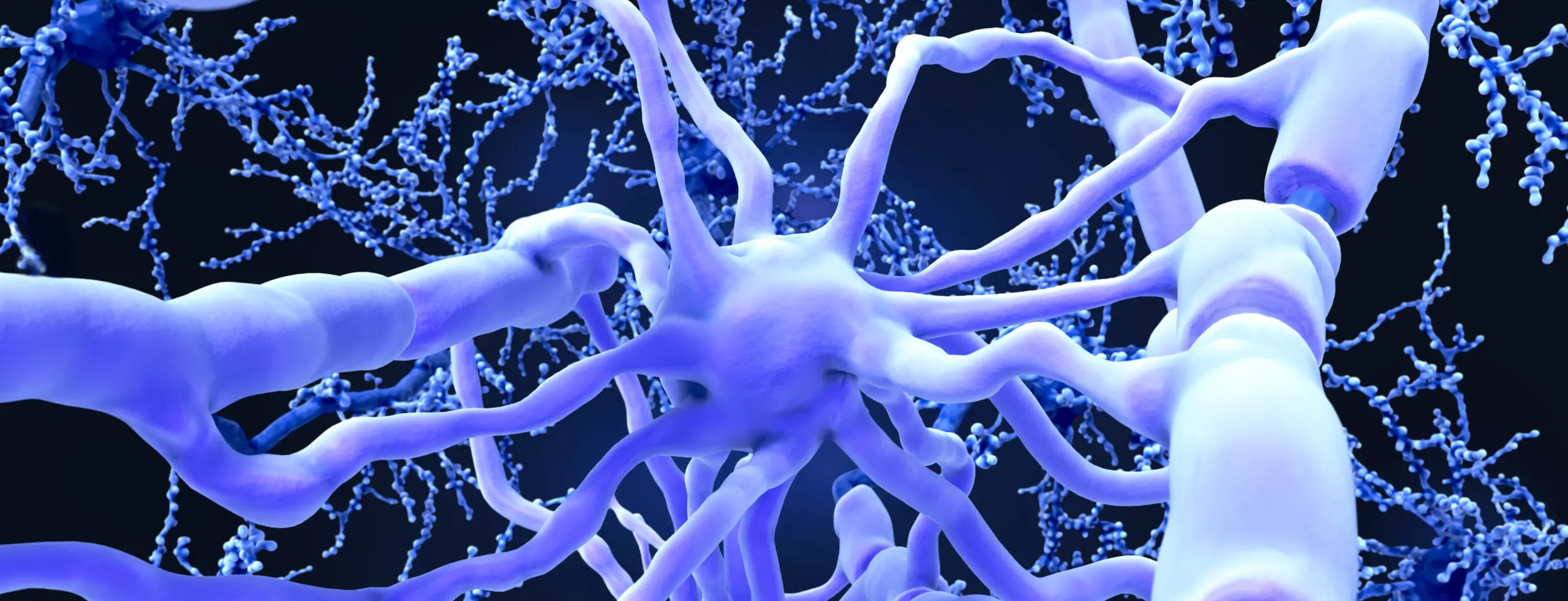Our Vision
To discover new therapies approaches in order to cure the tissue damage in multiple sclerosis (MS). We are looking for biological targets that can influence the optimal repair of myelin damaged in MS. that can affect remyelination failure in MS We are investigating different factor that may be involved in remyelination failure, by characterizing their expression levels in sera, cerebrospinal fluid (CSF) and peripheral blood mononuclear cells of MS patients subtypes, compared to health controls. We are further examining these factors involvement in OPCs differentiation in-vitro, their effect on inflammation and on mice demyelinating models. for a novel regenerative treatment for MS Factors that are up or down regulated in MS patients and may be involved in remyelination failure, are targeted for high throughput screening (HTS) after new agents that may increase oligodendrocytes differentiation and remyelination. We are developing specific bio-assays for each factor for HTS, and following screening we are further validating the potential heats in the lab. We are studding these new compounds involvement in OPCs differentiation in-vitro, their effect on inflammation and on mice demyelination models. We have already patented a small molecule that blokes bone morphogeneticprotein (BMP) to induce oligodendrogenesis and remyelination in demyelinating disorders, and we are further studding this molecule. the mode of action of existing disease modifying drugs For the last years, many new drugs for MS treatment have been developed. However, most of them are anti-inflammatory and are not directed to remyelination and damage repair. We are studying the effect of these existing modifying therapies for MS on neurotropic and neurodegenerative factors expression, and on oligodendrocytes differentiation, to assess if they also have a regenerative effect. From The Press
Highlighted Publications
MS is a chronic inflammatory demyelinating disease of the central nerve system (CNS). MS pathology is characterized by failure to re-myelinate the axons, despite the presence of oligodendrocyte progenitor cells (OPCs), which can differentiate into mature myelinating oligodentrocyes cells. This failure leave the axons permanently demyelinated and vulnerable to degeneration and can leads to permanent damage and clinical disability. Although there have been many newly developed drugs to MS treatment for the last years, most of them are anti-inflammatory and are not directed to remyelinate and repair the damage in MS. Our research aim is to investigate different factors that can affect the remyelination failure in MS, in order to increase OPCs differentiation into mature myelinating oligodendrocyte, for a novel regenerative treatment for MS.
Our laboratory is located in close proximity to the neuroimmunology clinic allowing daily collaboration with the clinical unit and accessibility to human patient samples. We are using advanced immunological, molecular, cell culture based methods and mice models for MS. Our Team
Research



